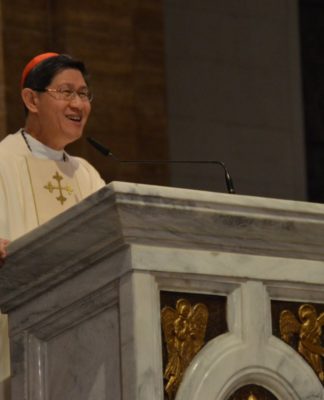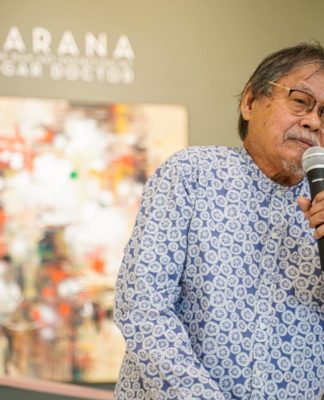IT IS NOT enough to know what is happening. Sometimes it is necessary to go behind the story to understand what’s really going on.
***
When I was informed that I was meeting her, I was filled with all sorts of apprehension. Mr. Beacon told me, she was a Pakistani correspondent of the British Broadcasting Network (BBC) who was planning to do a story on the war happening down south.
I have to admit I was awestruck. BBC was just a figment of my dreams and I couldn’t believe I would meet one of them in the flesh.
But everything about Arjum Wajid was real. Even the way she told me that she was going to Cotabato to interview some of the Muslim communities living there about the Abu Sayyaf.
Had I been to Cotabato? she asked.
I had been to South Cotabato once. I remember we lived in Marbel for about a year when I was in first year high school. Although there were little traces of urbanization, the town and its people were very peaceful. But that was more than seven years ago, I wouldn’t know how much has changed since then.
Aren’t you afraid? I asked.
Arjum said she was a bit afraid but she wanted to find out what was really going on behind the war. Everyday we hear news about the Abu Sayyaf bandits who get captured or killed, the soldiers who die in combat, and the military exercises with the American forces.
But what about the civilians? What about the women and the children who live in fear as they are caught in the crossfire? What about the innocent lives who are sacrificed? Who would tell their story?
Despite the hazards in her life a journalist can be brave yet cautious. Just as in any battle, the lifeline lies in knowing when to attack the story and when to retreat.
But it is not enough to tell the story as it is. One needs to go beyond the events and talk to the people behind it. Let them tell their story. Only then can we understand what is really going on.
I admired Arjum for her bravery. Someday, I would be just like her.
***
I stood at the backstage overwhelmed with pride as I watched the winners of the Pautakan’s silver edition rejoicing on the stage.
I was proud not only because the program progressed smoothly (thanks to the Varsitarian staff who made it so), but because I witnessed how the teams from the different colleges and faculties fought it out until the last minute to seize the championship. Proof was the ensuing clincher rounds after each difficult category in both final rounds.
But in the end, there can only be one. For all their hard work and patience, the Faculty of Arts and Letters team deserved to win. After being deprived of the championship last year, luck and prayers joined forces to make them victors during Pautakan’s 25th anniversary.
During the closing dinner, AB coach Prof. Francis Bugarin told me how he prayed “I believe in God…” over and over in the last moments of the team category final round. Plus, the timing couldn’t have been more perfect for individual category second-placer Wilfred Ritona to make a birthday wish.
When we were shooting for the Pautakan video presentation, I remembered how Ritona confidently said, “We will win this time,” and Prof. Bugarin quickly said, “With God’s help.”
Indeed, with God’s help.


















